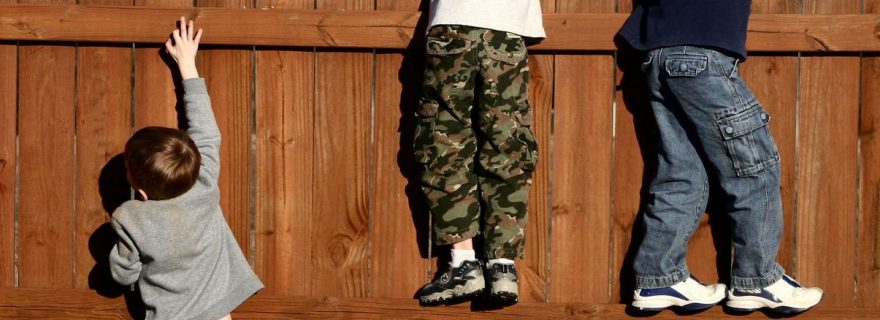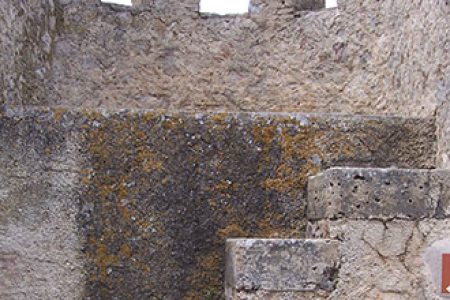What do your parents do for a living?
The question ‘what do your parents do for a living’ isn’t that uncommon. We measure ourselves by certain forms of capital, and most of the time it is income that comes to mind first. Or are there other factors that influence our academic mobility?
The way our parents influence our academic careers is quite decisive (Mitchall & Jaeger, 2018). Do our parents allow us to progress in the academic field, and how do they motivate us towards this? Our nearest and dearest may influence success rates in our academic paths, what is the role of our social circle, for instance (Bourdieu, 1986), or the number of books we read as a child? There are studies suggesting that even without any external efforts to read, the number of books in a house may be related to children’s performance in reading assessments (Allington et al., 2010; Anderson et al., 2019). This is just a small example of how social and cultural capital can take shape. Social capital focuses more on the networks of people we can draw on. When we are just starting out as a scholar, the social capital of our parents forms the initial network we have access to. In addition, we have cultural capital relating to interests, outlets, and morals, for instance, which constitute a certain culture related to our persona (Bourdieu, 1986). Cultural capital may be found in the field hockey we’re expected to play, or the religion we adhere to. This cultural capital may also be expressed in the way we dress. And it may enhance social capital, for example if we access a given network of people through our field hockey trainings, and vice versa.
Point of departure
So why are we focusing on different types of capital and what do our parents have to do with it? As said above, parents’ cultural, economic, and social capital has an influence on students’ point of departure at university. Some new students may already have a lot of knowledge about how things work at university, because they are not so-called ‘first-generation students’. This knowledge comes not only from explicit transferral, but also from the narrative someone grows up with. Whereas in some families going to university is the unquestioned norm, in others the topic may raise several uncertainties and doubt. The narrative of our families may influence our expectations, just as the collective stories we’ve grown up with influence our perceptions. If a student’s parents did not go to university, they may feel less confident of succeeding. Because they are missing some background information, university may feel “out of their league” at times when more effort is needed. But take note: this should not be perceived as a setback, but a clue to what makes these students so extremely persevering. In fact, there are several encouraging anecdotes suggesting that first-generation students succeed precisely due to their starting point (Spiegler & Bednarek, 2013). Since we ourselves were among these people, we wondered whether it would be possible to pass on the “street smart” knowledge we had gained from experience. This is how our Pre-Study Programme started.
The Pre-Study Programme
In the Pre-Study Programme, PSP for short, we focus on aspiring students who might be concerned with the task to bridge the social, economic, and cultural gaps in higher education. As first-generation students they may experience some difficulties in their path and may need more flexibility and reassurance to succeed in academia. For these students it is important that we try to instil the hope and confidence that higher education is a realistic goal.
The project is built up as a series of workshops that give the participants insight into their own competences, into what research entails, and into the kind of an institution a university is. The set-up is very interactive, as the members of our team are trained to challenge the participants’ academic expectations in an accessible manner. Most of our team are first-generation students, which makes it easier for our participants to relate. Fortunately, in recent years the demographics of education are increasingly beginning to reflect those of our society. With this project we want to go a step further and help to improve the subjective experience of students who are about to make the leap to higher education and to facilitate them in exploring their potential with confidence.
Want to keep up to date with our project? Follow our blog on pspstudentassistenten.wordpress.com!






